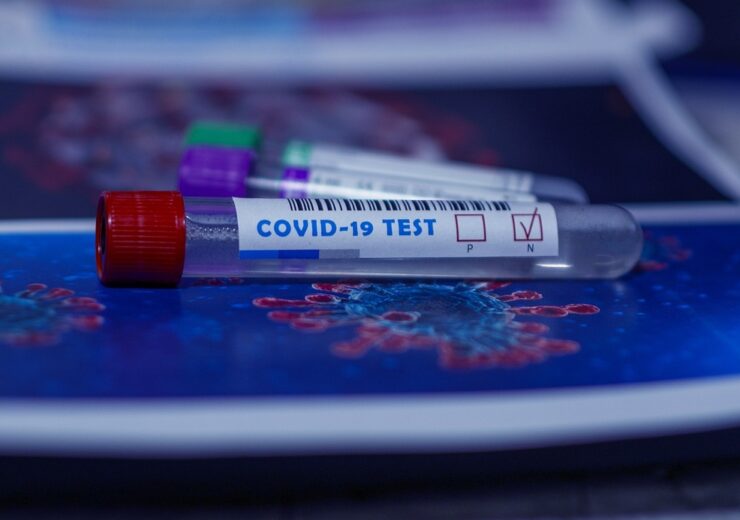The incellKINE blood test identifies immunological signals unique to long Covid and distinguishes it from other diseases with comparable symptoms

IncellDx announced the CE-IVD marking in Europe for its IncellDx incellKINE Long COVID In Vitro Diagnostics test. (Credit: fernando zhiminaicela from Pixabay)
US-based diagnostic company IncellDx announced the CE-IVD marking in Europe for its IncellDx incellKINE In Vitro Diagnostics test to identify patients with long Covid.
The mark will allow the firm to formally launch the test in countries accepting the designation in September of this year.
The incellKINE blood test identifies immunological signals unique to long Covid and distinguishes it from other diseases with comparable symptoms.
It can aid in the objective diagnosis of patients with Post-Acute Sequelae of Covid-19 (PASC), also referred to as extended Covid.
Based on the validation studies, it provides more than 90% accuracy without getting affected by the emergence of different Covid-19 variants.
The CE-marked incellKINE Long Covid In Vitro Diagnostic certifies that it complies with all applicable European product directives and recognised harmonised performance and safety criteria.
IncellDx CEO Bruce Patterson said: “With so many people in Europe and around the world suffering from ongoing symptoms of Covid, without a diagnosis available to confirm long Covid, we are very pleased to receive the CE Mark and to be launching long Covid testing in Europe next month.
“Together with the support of our own studies to better understand the underlying cause of long Covid and a validation study from a respected global reference lab, this CE IVD mark provides additional validation of the quality and reliability of this diagnostic.”
The test was created based on clinical studies that were published in the peer-reviewed journal Frontiers in Immunology.
The studies showed how IncellDx researchers produced reliable, objective disease scores for long Covid by measuring and analysing sets of inflammatory markers called cytokines and chemokines.
The findings also reported that individuals with a history of Covid-19 infection and persistent symptoms had a unique immunologic profile that was defined by variations in the expression of inflammatory markers.
The company discovered SARS CoV-2 S1 spike protein in monocytic reservoirs of long-term Covid patients up to 15 months after acute infection, according to a later report.
